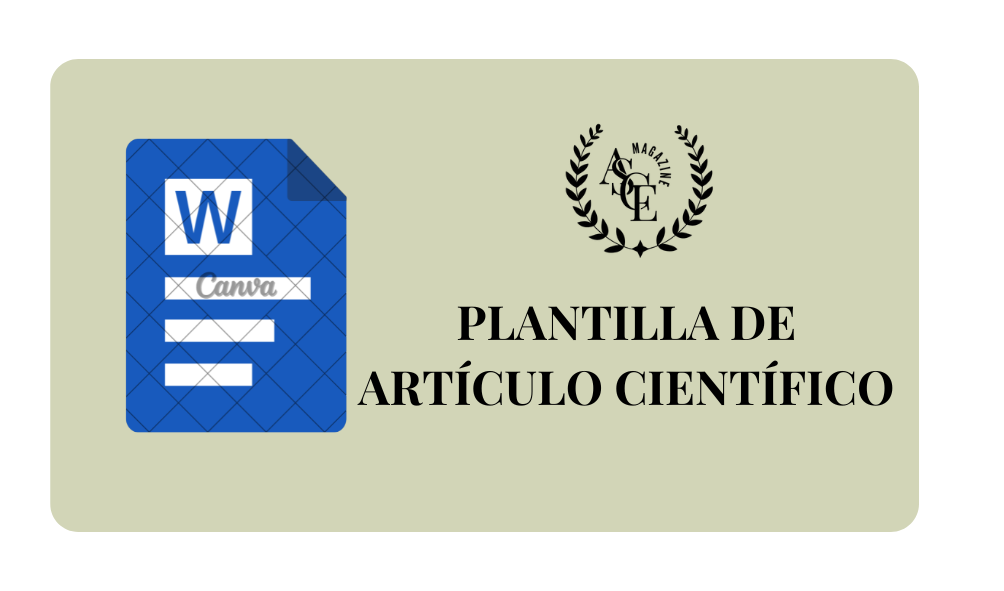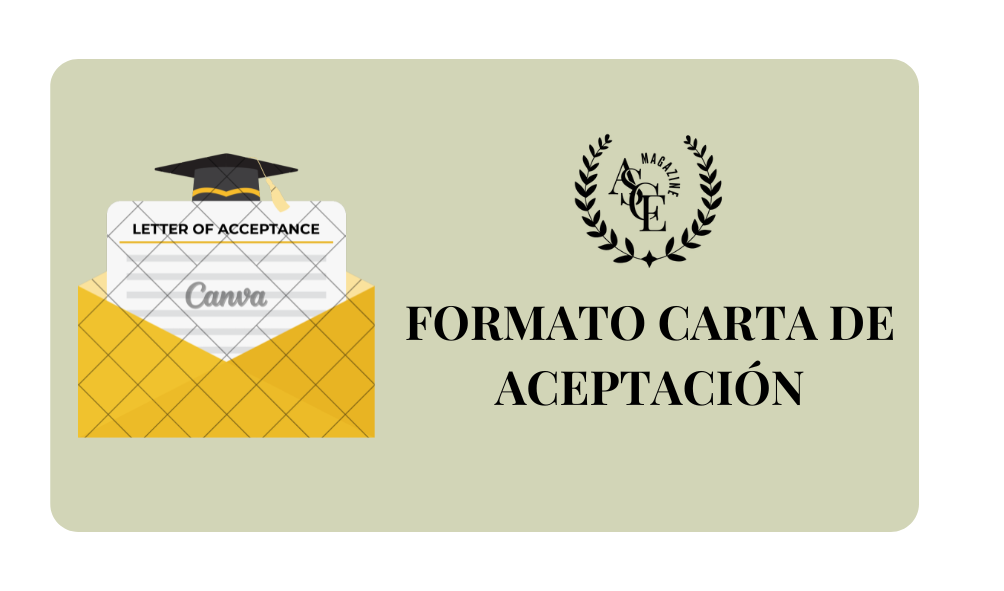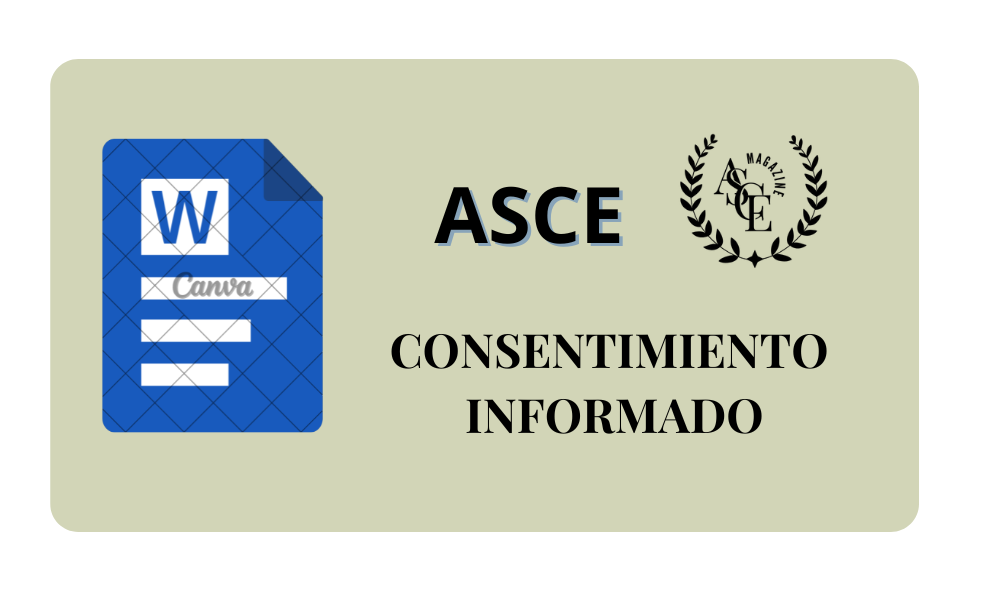Learning by playful-cooperative projects: systematic review of methodologies adapted to the development of students from 1st to 7th grade of EGB
DOI:
https://doi.org/10.70577/ASCE/691.711/2025Keywords:
project-based learning, playful strategies, cooperative work, primary education, integral development.Abstract
The objective of this article was to analyze educational methodologies based on project-based learning with a playful-cooperative approach, adapted to the integral development of students from 1st to 7th grade of Basic General Education. The research was developed under a qualitative-descriptive approach and was based on a systematic review of recent scientific literature 2020-2025, using the PRISMA protocol for the selection and analysis of 13 relevant studies, located in databases such as ERIC, SciELO, Scopus and Google Scholar. The results made it possible to identify that the methodologies highlighted include role-playing, educational simulations, dramatizations, group experiments, outdoor activities, sensory dynamics and collaborative projects in areas such as science, language or values. The strategies allow contextualizing the curricular content, strengthening the student's autonomy and promoting teamwork. Likewise, a positive impact on the cognitive, emotional and social development of students was confirmed, reflected in improvements in motivation, attention, memory, empathy, emotional self-regulation and school coexistence. However, limitations in its implementation were identified related to the lack of teacher training, scarcity of resources, curricular rigidity, and institutional resistance to pedagogical innovation. In conclusion, project-based learning with a playful-cooperative approach is a relevant and transformative pedagogical tool in basic education. Its effective application requires careful planning, favorable institutional conditions and a school culture committed to the integral development of the student.
Downloads
References
Referencias
Acuña, M., & Quiñones, Y. (2020). Educación ambiental lúdica para fortalecer habilidades cognitivas en niños escolarizados. Educación Y Educadores, 23(3), 444–468. https://doi.org/10.5294/edu.2020.23.3.5 DOI: https://doi.org/10.5294/edu.2020.23.3.5
Baquero, R., & Castro, R. (2022). Los juegos cooperativos como medio de inclusión en la educación física en los estudiantes de educación básica superior. Polo del conocimiento, 7(10), 1842-1872. https://doi.org/10.23857/pc.v7i10 DOI: https://doi.org/10.23857/pc.v7i10
Bonilla, Y., & Marcano, P. (2024). Los juegos cooperativos como estrategia psicopedagógica para fortalecer el desarrollo social de niños de primer año en la Escuela de Educación Básica “Abraham Lincoln”. Latam: revista latinoamericana de Ciencias Sociales y Humanidades, 5(3), 415 – 433. https://doi.org/10.56712/latam.v5i3.2167 DOI: https://doi.org/10.56712/latam.v5i3.2167
Bustamante, F., Troya, B., Barbota, C., Hernández, J., Martínez, M., Valencia, G., & Bernal, A. (2024). El impacto del juego en el desarrollo cognitivo y socioemocional en la educación inicial estrategias pedagógicas para fomentar el aprendizaje. Ciencia Latina Revista Científica Multidisciplinar , 8(5), 4201-4217. https://doi.org/10.37811/cl_rcm.v8i5.13886 DOI: https://doi.org/10.37811/cl_rcm.v8i5.13886
Cevallos, L., & Palma, M. (2022). Estrategias lúdicas para el aprendizaje del idioma inglés en estudiantes de educación básica. MQRInvestigar, 6(4), 68-90. https://doi.org/10.56048/MQR20225.6.4.2022.68-90 DOI: https://doi.org/10.56048/MQR20225.6.4.2022.68-90
Daza, M., Fuentes, A., Anchundia, C., & Casquete, R. (2022). Estrategias lúdicas corporales para potenciar la educación emocional, en la escuela de educación básica completa Benjamín Rosales Aspiazu. Polo del conocimiento, 7(3), 462-478 . https://doi.org/10.23857/pc.v7i3.3742
Moya, B. (2024). El juego como estrategia lúdica en el proceso enseñanza-aprendizaje. Revista Neuronum, 10(2), 275-294. https://eduneuro.com/revista/index.php/revistaneuronum/article/view/533
Moyón, K., Vera, M., Fernández, K., & Peña, G. (2025). Enfoque lúdico para potenciar las habilidades socioemocionales en los estudiantes de segundo año de básica elemental. Revista Científica Multidisciplinar G-Nerando, 6(1), 1166–1200. https://doi.org/10.60100/rcmg.v6i1.457
Nurhidayah, I., Wibowo, F., & Astra, I. (2021). Project Based Learning (PjBL) Learning Model in Science Learning: Literature Review. Journal of Physics: Conference Series(1). https://doi.org/10.1088/1742-6596/2019/1/012043 DOI: https://doi.org/10.1088/1742-6596/2019/1/012043
Rivas, L., Salazar, L., Gorozabel, K., Vásquez, A., Monserrate, C., & Vera, C. (2025). Desarrollo de Habilidades Socioemocionales mediante Juegos Cooperativos en Estudiantes de Educación Básica del cantón Naranjal, Ecuador. Revista Veritas de Difusión Científica, 6(1), 2049-2060. https://doi.org/10.61616/rvdc.v6i1.498 DOI: https://doi.org/10.61616/rvdc.v6i1.498
Rodríguez, R., Palomo, L., Padilla, M., Corrales, A., & Wendel, B. (2022). Aprendizaje a través de estrategias lúdicas: una herramienta para la Educación Ambiental. Revista de Ciencias Ambientales, 56(1), 209-228. https://doi.org/10.15359/rca.56/1.10 DOI: https://doi.org/10.15359/rca.56-1.10
Ruiz, D., & Ortega, D. (2022). El Aprendizaje Basado En Proyectos: Una Revisión Sistemática De La Literatura (2015-2022). Revista Internacional de Humanidades, 11(41), 2-14. https://doi.org/10.37467/revhuman.v11.4181 DOI: https://doi.org/10.37467/revhuman.v11.4181
Vera, A., Huayamave, A., Sandoval, C., & Chele, S. (2025). Actividades lúdicas en estudiantes de educación básica. Revista InveCom, 5(2). https://doi.org/10.5281/zenodo.13334503
Zambrano, M., Hernández, A., & Mendoza, K. (2022). El aprendizaje basado en proyectos como estrategia didáctica. Conrado, 18(84). http://scielo.sld.cu/scielo.php-1990-86442022000100172-es.
Downloads
Published
How to Cite
Issue
Section
License
Copyright (c) 2025 Bryan Javier Ayala Díaz, Jeaneth Beatriz Yungán Quitio, Beatriz Genoveva Carlosama Montoya , Rocio Elizabeth Quezada Bustillos

This work is licensed under a Creative Commons Attribution-NonCommercial-NoDerivatives 4.0 International License.






























